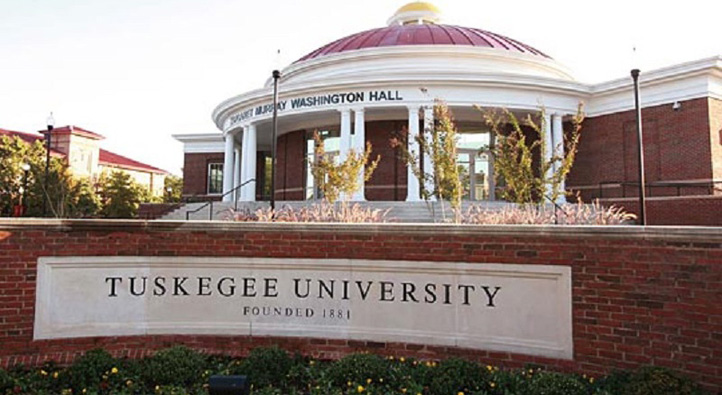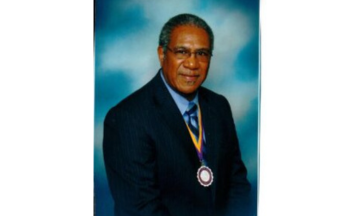
Morehouse College is among six Division II schools in the Southern Intercollegiate Athletic Conference (SIAC) that will now offer a men’s volleyball team beginning in the 2020-21 school year.
The all-male, Atlanta-based historically black college joins Central State University, Benedict College, Paine College, Fort Valley State Universityand Kentucky State University in piloting the teams. Each university received $150,000 seed grants from USA Volleyball (USAV) and First Point Volleyball Foundation. SIAC also received a $100,000 award from both organizations.
“This is a very exciting time for the college in many, many aspects,” said Morehouse interim athletic director Javarro Edwards. “For athletics, by us being an academically driven institution for many years, athletics has always sat in the backdrop, but now we have a seat at the table. It will be fantastic.”
Morehouse will recruit 18 student-athletes and will offer three full-ride scholarships. Adding the nontraditional sport, Morehouse College president David A. Thomas said, will help attract a more diverse (especially international) student population. Its alumni primarily consist of corporate executives, diplomats, investment bankers, writers and scientists.
“We develop scholar-athletes,” Thomas said. “Volleyball represents a sport where we become even more attractive to an even broader group of individuals. It will help us to attract individuals that want to play at a high level but also want to invest deeply in their experience as scholars.
“What students often do when they’re thinking about a college is not just look at the activities that they might be attracted to but they look at the portfolio of activities a school has,” added Thomas. “From that, they make some assumptions about the school. We’re hoping this projects Morehouse as a global institution in its mindset.”
Volleyball is America’s fastest-growing team sport for boys and young men, with most competitors being female. The game’s popularity among men has soared by 22% over the past five years, according to USAV. In the NCAA, Division I and Division II programs compete together in championship tournaments. One reason the SIAC is starting with six teams is that a conference with six squads is an automatic qualifier for the season-ending NCAA tournament. That will allow SIAC schools to compete at the highest levels of the intercollegiate sport, according to Kenny Rogers, First Point Volleyball Foundation’s Director of Strategic Initiatives.
“It’s a complete misconception that we’re only a sport for affluent white girls,” said USAV CEO Jamie Davis. “Volleyball is a sport for people of all ages, races, genders and socioeconomic backgrounds. This will surely increase the participation of African American men playing volleyball and leading to new athletic and academic opportunities for young boys.”
John Speraw, head men’s volleyball coach for both UCLA and the U.S. national team, said fewer institutions provide young men the platform to play volleyball despite exponential growth in engagement and participation. Speraw, the record-breaking NCAA champion and co-founder of First Point Volleyball Foundation, began talks with SIAC and USAV last December to develop the volleyball program with Division II colleges specifically targeting young men of color. The foundation concentrates on increasing male participation in volleyball.
“Volleyball isn’t yet very well-known within African American culture and communities,” Speraw said. “Kids grow up watching basketball, and there’s a huge impact of African Americans playing successfully at the highest level in all sports. You don’t see that. Young boys [of color] probably don’t know that’s an avenue for them to take.
“We talk at USA Volleyball about the Path to the Podium. It is not outlandish to think that a young man playing in the SIAC conference in 2021 could be an Olympian in 2028 or 2032. Our work at First Point Volleyball Foundation is providing more opportunities for young people, and it is also building our pipeline for more success at the international level for Team USA for decades to come.”
First Point Volleyball Foundation has given 68 full scholarships to young men and spearheaded 17 college programs since its launch in 2016. Speraw says collaborating with Division II schools gives those interested in volleyball an opportunity to play. Sustaining the programs requires ongoing marketing, recruitment and collaboration between the universities and community partners.
“I’m so proud that we’re at a point when we’re actually going out there now doing it,” Speraw said. “It is a progressive, outside-of-the-box opportunity. It took a lot of courage, bold leadership, to actually go forward and do this. It’s an incredible first step.”
Olympic gold medalist and Morehouse alumnus Edwin Moses enrolled in the 1970s when the school had no track team. Four years after he graduated, the track and field Hall of Famer qualified for the Olympics.
“Morehouse will have to start from the bottom and grind its way to the top,” Moses said. “We slip time when it comes to recruiting men of color — Hispanic, Asian and African American — to get into the game, so we’re going to begin to make that possible. We lead in different ways, so we have to offer diverse opportunities for the mentality the kids aspire to. It will serve us and our students well to have another avenue for leadership.”
“This will serve as a new path to the podium for these young men as they strive to join our national teams,” Davis said. “There’s no reason to believe that one of them can’t join John and his team to represent Team USA and wear ‘USA’ across their chest as we compete around the globe.”
With the men’s volleyball teams in place, the plan is to begin coaching clinics and exhibition matches in Atlanta. Morehouse, the SIAC, USAV and First Point Volleyball Foundation are equally excited and confident that student participation will be organic and ongoing. Morehouse especially envisions that adding volleyball to its slate of activities will expand the pedigree it’s known to produce.
“Volleyball will help us make a contribution to the world,” Thomas said. “We should expand the areas in which African American men should show up, participate and excel, and volleyball presents one of those opportunities. This is a great moment for us.”
“Our goal is someday a man from Morehouse steps out on that court and represents Team USA,” Speraw said.



